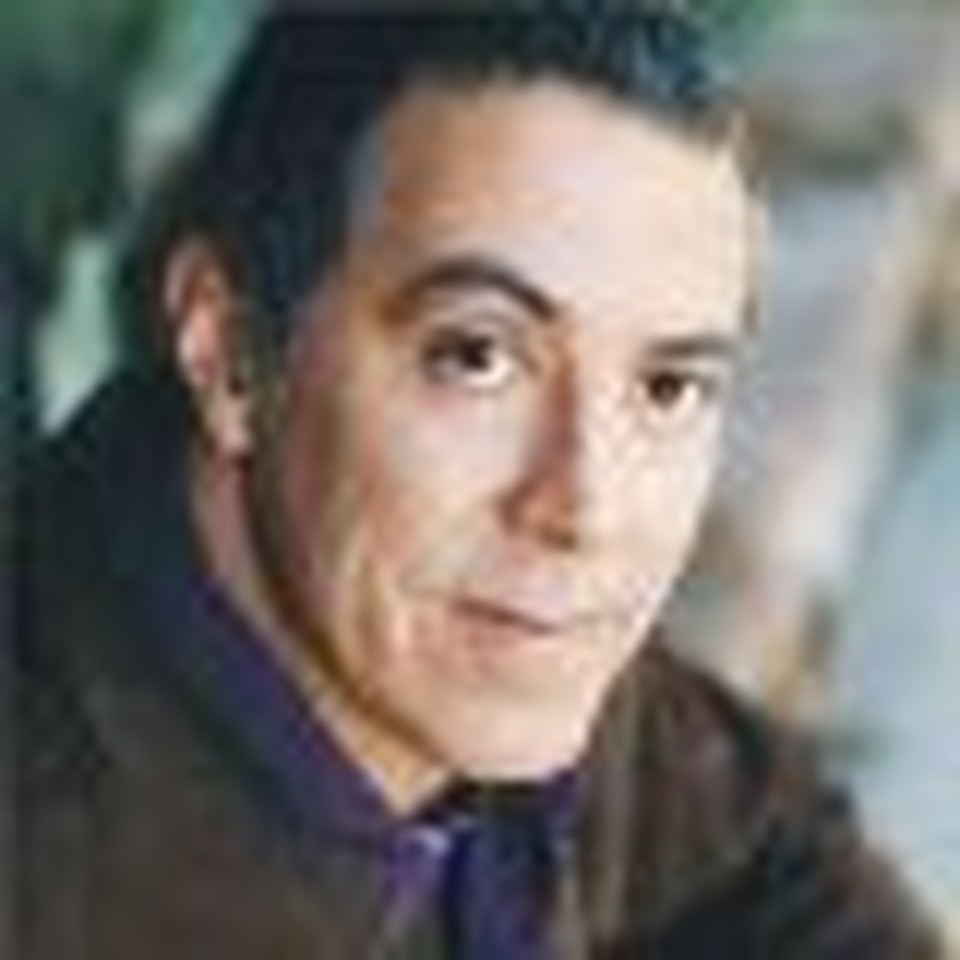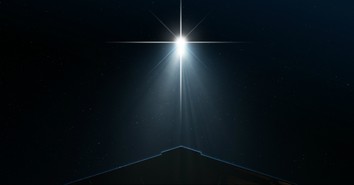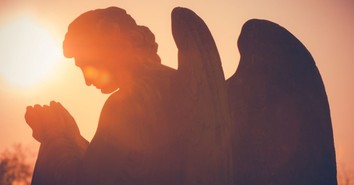10 Questions With: Fernando Ortega

Songs4worship.com: Not all of your songs would fit in the “worship music” category. Where does worship fit in what you do?
Fernando Ortega: It’s so much labor and such an expensive kind of energy to write a song, it becomes a worshipful act. I don’t want to let a line go by that’s lame. I don’t want to let a melody go by until it’s just right--not to say that I haven’t done it, but… because they’re important to me. And they’re important to me because it’s what God has gifted me to do. And so it becomes an act of worship to write the song, or to perform it, or to decide which instruments to use. I don’t think I’m conscious of that when I’m doing it; rather it’s clear when I look back and analyze how I feel about it.
S4W.com: Other than the Bible, are there any books that have influenced your creative process?
Ortega:The first one that comes to mind--one that’s always handy by my bedside--is a compilation of Flannery O’Connor essays and lectures entitled Mystery and Manners. I also recently read Anne Lamott’s Bird by Bird, and I think it has a lot of those same ideas in it--the labor intensiveness of writing. And then Annie Dillard has a book on writing entitled, The Writing Life, and it has been a big help.
Listen to song clips from Fernando Ortega's album Storm.
S4W.com:What are some of the challenges you face as a songwriter?
Ortega: To be honest, songwriting is often hard for me; it’s agonizing. Just the process of finding out what I’m going to write about in the first place [is often a struggle.] But when it comes, when it finally breaks through, it feels like having a raging fever that finally breaks. I listen to people’s songs and I think, ‘How did they come up with that idea? What a great idea!’ But for me, even coming up with the nugget for a song I have to read and read and read and then find a phrase out of somebody’s novel or poem that I think is interesting. Especially, though, it seems like it’s getting harder and harder for me to write Christian songs because, what can you say that hasn’t been said, and said by some of the greatest minds ever?
S4W.com:What is one of the greatest challenges you’ve faced since you began pursuing music as a calling and a career?
Ortega: To resist the temptation of getting sucked up into the “machine” of the culture and the industry. In today's image conscious and trend-oriented society, there's a very definite pull to stay on top of what's hip and cool and ultra modern. I think artists today feel the same pull, musically speaking. Especially as you get older there's a tendency to feel like you're losing some sort of edge. It's like this whole machine that's perpetuated by the culture and by TV and all that stuff. It reminds me again of that passage in I John that says, "Little children, do not love the world or anything that is in the world." For all the preaching you might do against those things, and for all the resolutions to avoid them, there's always the pull of things like image that can wreck you in no time. And pretty soon you've lost the essence of who you are in the first place. It's awful that people let themselves be hurt by it, but it's very hard not to be.
S4W.com:What’s your take on the powerful connection between music and worship expression?
Ortega:There’s something so transcendent about using your voice to express yourself, about singing notes. It’s such a very human thing to do, but it also makes you feel a certain way, both physically and emotionally. It also adds a corporate element that I think is very powerful because--in a more traditional setting--you are singing songs that the church has rallied around for generations. They’ve used these songs in victory or rejoicing, or in times of despair of longing.
S4W.com:What is one of the most compelling and powerful corporate worship experiences you’ve been a part of in recent years?
Ortega: Hands down, it was walking into Westminster Abbey in London this past October. It was the five o’clock service, and the boys’ choir processed in. We were sitting on the side so we never even saw them, but we heard this ‘other-worldly’ sound. All the music they did at the service was written by the choirmasters at the Abbey, dating back to the late 1600’s all the way through the 19th century. The texts of all these songs were about God--His greatness, how awesome and terrible He is, and how base we are--how much in need of forgiveness we are. The whole perspective was so different from a modern worship service because the format in modern services is usually that people come in singing really happy, upbeat stuff. By the end [of this particular service] we were singing songs that said, ‘I will rejoice in God my savior,’ but not until we had gotten to the place of being ready to hear that. There was something so important and solemn about coming before God in a way that was not so familiar. I was thinking ‘Wow, this is what you used to walk in to church and hear on a Sunday morning.”
S4W.com:What has been one of the most profound lessons you’ve learned over the last few years?
Ortega: It's probably something that everybody in the world already knows or has realized. It has to do with prayer, namely the idea that quite often prayer does not change circumstances, but is really a way of recognizing the notion that God is with us. That ends up being the comfort, and to me that's been a profound thing to learn. I've gotten a better sense that God is with me.
S4W.com: What one misconception do you believe keeps congregations from worshipping ‘in spirit and in truth'?
Ortega:The idea in the modern church that there has to be a level of entertainment, or that you constantly have to make things exciting. As much as people sometimes dislike repetition and liturgy, we’ve lost our sense of discipline, the idea that we need to focus our minds and participate. It’s not all about our being drawn in by a captivating speaker with a captivating message. One of the great things about reading the creeds is that if you do engage your mind, there’s something very rich to be had there.
S4W.com: Years from now, what do you most want people to remember about your contribution to Christian music?
Ortega: I hope to be remembered as one who was careful about what he said about God, and that in my devotional songs I wasn’t flippant or vague.
S4W.com: This August you have a new record coming out on your new label, Curb records. Will it be a sharp departure--either musically or lyrically--from your previous recordings?
Ortega: I don’t consider it a ‘sharp’ departure, but I consider it a departure. It’s a little more edgy, and the drums and bass are a little punchier. There’s a casualness about some of the lyrics that I haven’t had as much before, and there’s some humor that I definitely haven’t had before. At the same time there are three old hymns on there, and so it will be very familiar as well.
Originally published April 20, 2004.







